How to Create a Family-Friendly Kitchen Mood Board: Design Tips & Style Ideas
Table of Contents
- Why a Mood Board is Essential for Your Family Kitchen
- Key Elements of a Family-Friendly Kitchen Mood Board
- Pro Tips for Building Your Mood Board
- Product Guide: Must-Have Tools & Materials for Mood Boards
- Visual Inspiration Gallery
- Final Thoughts
Why a Mood Board is Essential for Your Family Kitchen
Designing a kitchen that’s both stylish and functional for your whole family can feel like herding cats—messy, confusing, and occasionally stressful. Enter the mood board: your secret weapon for bringing order to the chaos.
A mood board is more than just a Pinterest board gone rogue; it's a curated collection of colors, textures, patterns, and furniture ideas that help you visualize your dream kitchen before you break out the paintbrushes or call the contractor.
But why does this matter for a family-friendly space? Because in a home where kids draw on walls and snacks are a lifestyle, your kitchen needs to be beautiful and battle-ready. A mood board helps you strike that balance between aesthetic appeal and practical durability.
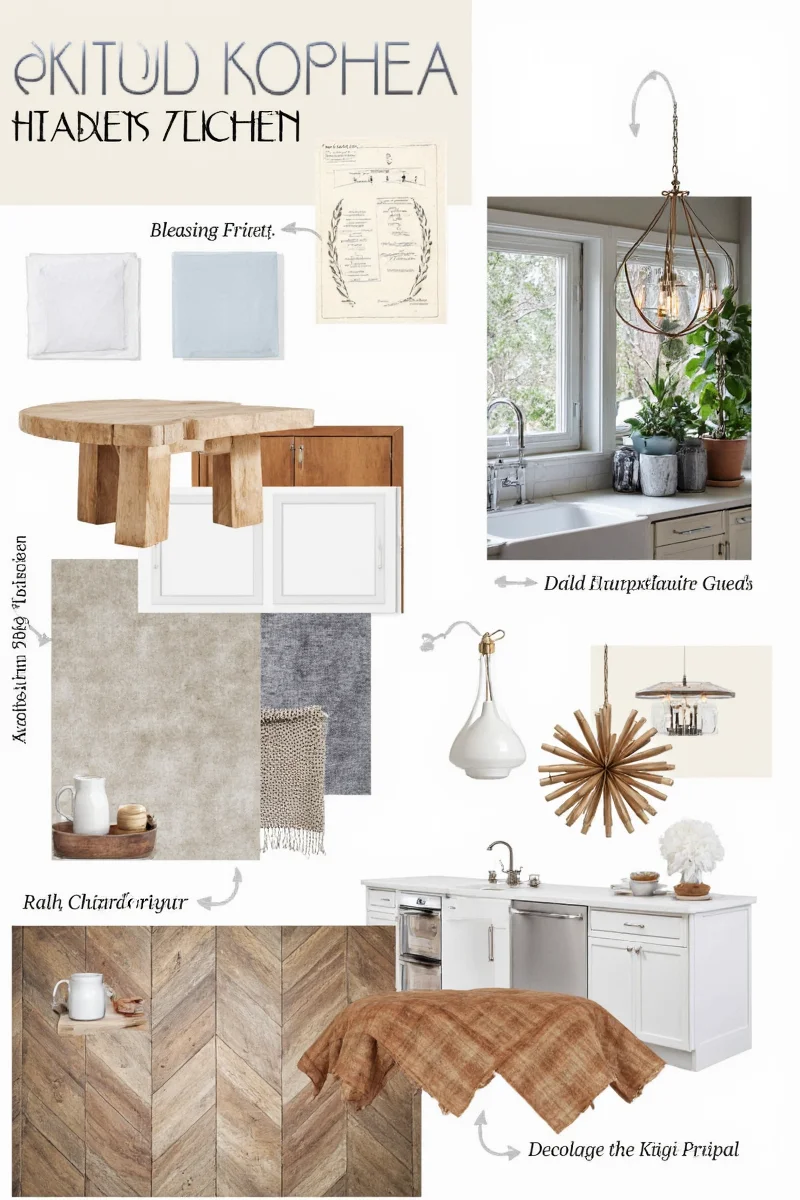
Key Elements of a Family-Friendly Kitchen Mood Board
To create a truly family-centric kitchen design, your mood board should include the following key components:
- Color Palette: Think soft neutrals with pops of cheerful hues—kids love color, but adults appreciate calm.
- Durable Materials: Laminate countertops, easy-wipe tiles, and kid-safe flooring are your BFFs.
- Kid-Friendly Zones: Include elements like breakfast bars, magnetic walls, or chalkboard paint zones.
- Storage Solutions: Hidden storage, open shelving (for display items), and smart organizers are must-haves.
- Functional Layout: Prioritize traffic flow and accessibility for all ages.
- Textiles & Accessories: Choose stain-resistant fabrics, playful rugs, and child-safe decor.
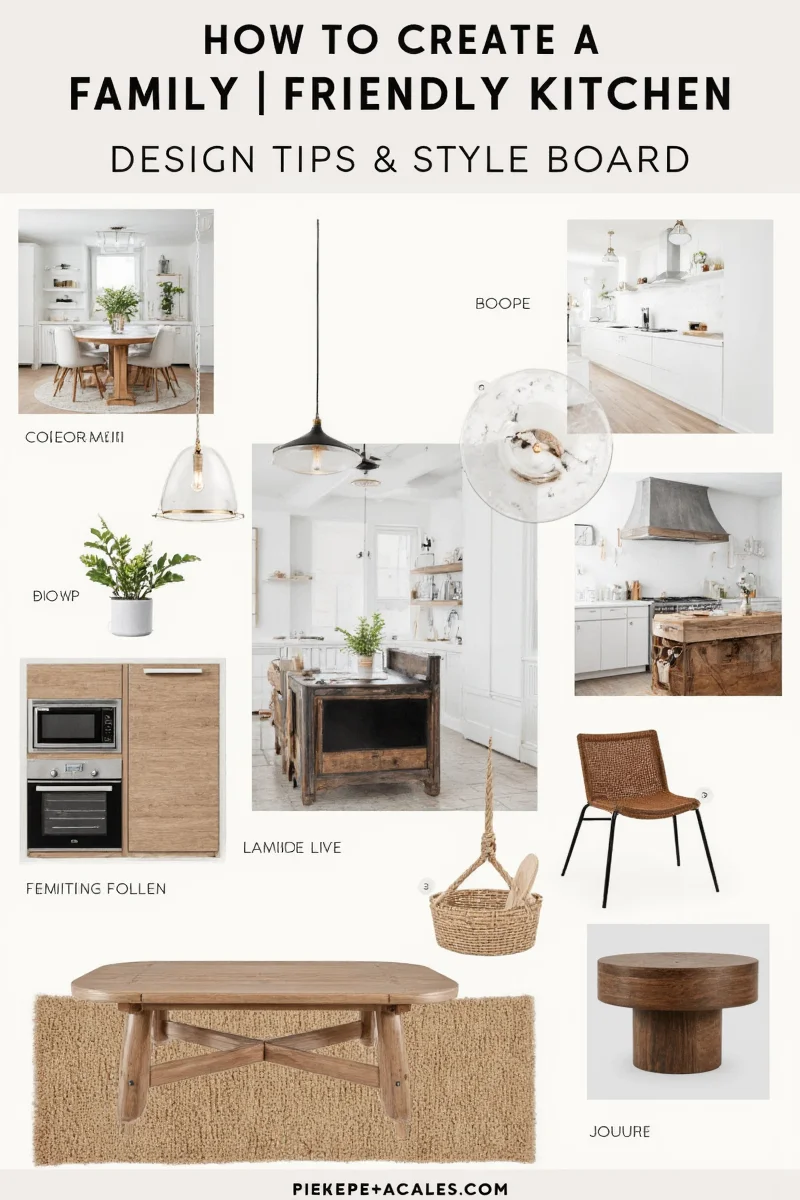
Pro Tips for Building Your Mood Board
Here are some tried-and-true strategies to keep your mood boarding session productive—and fun:
- Start with the Big Picture: Define your kitchen’s primary function—is it for meal prep, homework sessions, or weekend pancake parties?
- Gather Real Samples: Swatches, paint chips, and tile samples bring your vision to life faster than pixels ever could.
- Use Digital Tools: Apps like Canva or Adobe Spark make creating digital mood boards easy—even for tech-phobes.
- Incorporate Family Input: Let everyone pick a favorite color or material. It makes the final result feel more like a shared win.
- Create Before/After Visuals: Use photo editing tools to overlay your new designs onto current photos of your kitchen.
- Label Everything: Don’t just save “blue tile”—note the brand, SKU, and price if possible.
- Think Seasonal Shifts: Will your design work year-round? A mood board is a great place to plan for holiday decorating too!
| Mood Board Tool | Best For | Pros | Cons |
|---|---|---|---|
| Canva | Beginners & digital designers | Free version available, easy drag-and-drop interface | Limited premium features unless you pay |
| Visual inspiration collectors | Huge library of images, collaborative boards | No physical sample integration | |
| Adobe Spark | Graphic design pros | High-quality visuals, customizable templates | Steeper learning curve for beginners |
| Physical Board + Scissors | Tactile learners & DIYers | Hands-on experience, great for family participation | Easily damaged, not scalable |
Product Guide: Must-Have Tools & Materials for Mood Boards
Whether you’re going digital or analog, here are some top-rated products that will make mood boarding easier—and way more fun:
1. Fabric Swatch Kit – 100+ Colors
Brand: CreativeHome Studio
Features: Includes cotton, linen, and polyester options in warm and cool tones
Why We Love It: Lets you compare textures side-by-side and test against lighting conditions
Price: $59.99
Recommended Occasions: Perfect for spring refreshes or back-to-school kitchen upgrades
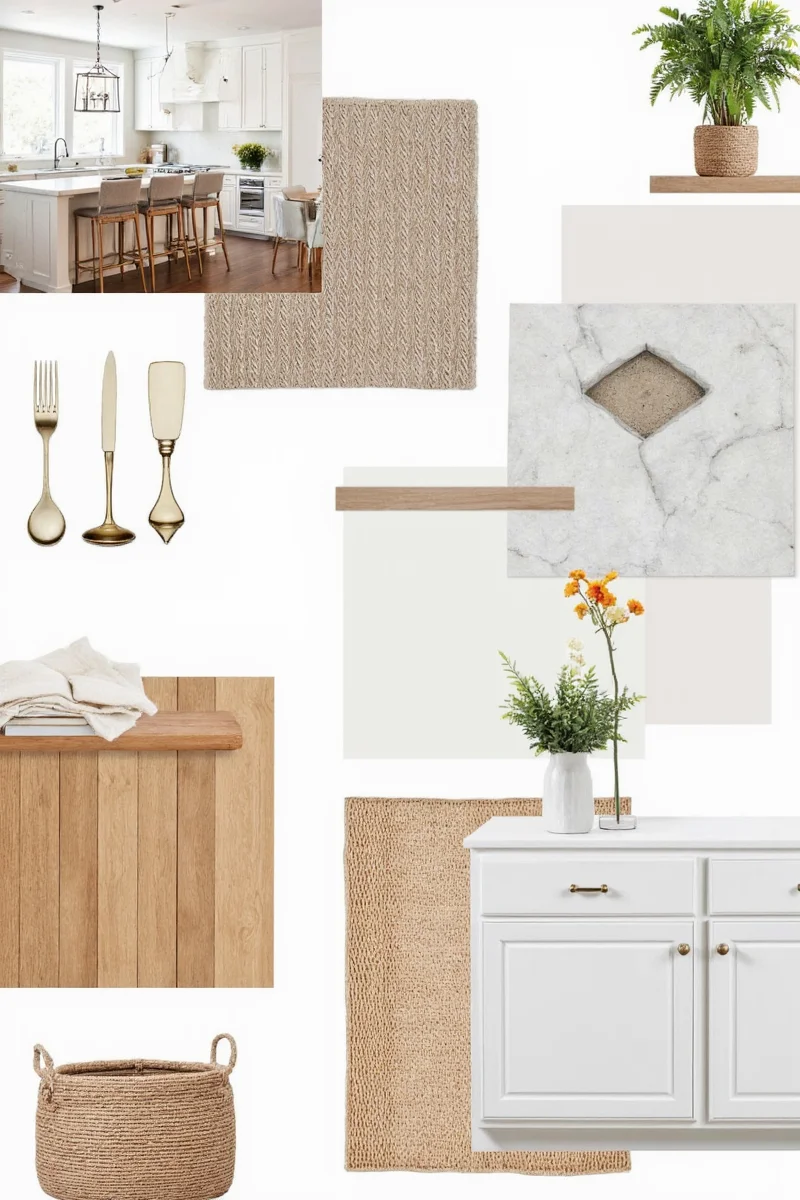
2. Digital Mood Board Template Pack
Platform: Canva / Google Slides
Includes: Pre-designed layout grids, image placeholders, color palettes
Recommended Use Cases: Ideal for remote collaboration or quick revisions
Price: $24.99 (downloadable PDF + editable files)
Recommended Users: Interior design students, busy parents, first-time renovators
3. Adhesive Wall Display Board – 24x36 Inches
Brand: IdeaPin Pro
Features: Self-adhesive backing, repositionable without damage
Benefits: No tacks or glue needed—perfect for renters or kids helping out
Price: $32.50
Recommended Occasions: Great for planning Thanksgiving décor or holiday baking stations
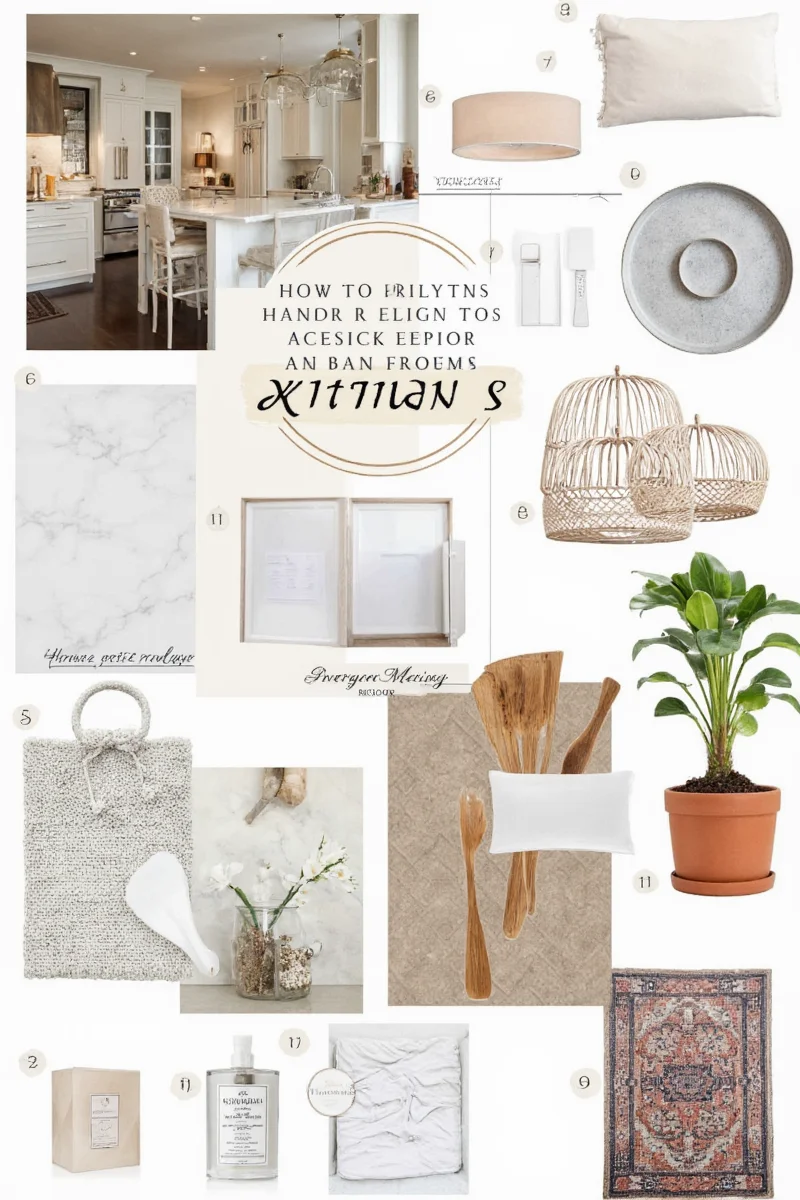
4. Smartphone Lighting App – LightCheck
Features: Simulates different lighting conditions (morning vs evening)
Recommended Use Cases: Helps test how colors look at different times of day
Price: Free (iOS & Android); In-app purchases for advanced filters
Recommended Users: Designers, photographers, and light-sensitive decorators
Visual Inspiration Gallery
Browse these themed examples to spark your creativity:
- Cheerful Farmhouse: Rustic wood finishes, pastel cabinetry, open shelving
- Modern Minimalist: Monochrome palette, sleek lines, hidden storage solutions
- Tropical Playland: Bright tropical prints, bamboo accents, splashy backsplash
- Vintage Retro: Checkerboard floors, retro appliances, nostalgic wallpaper
- Cozy Country Cottage: Floral textiles, apron sink, farmhouse table
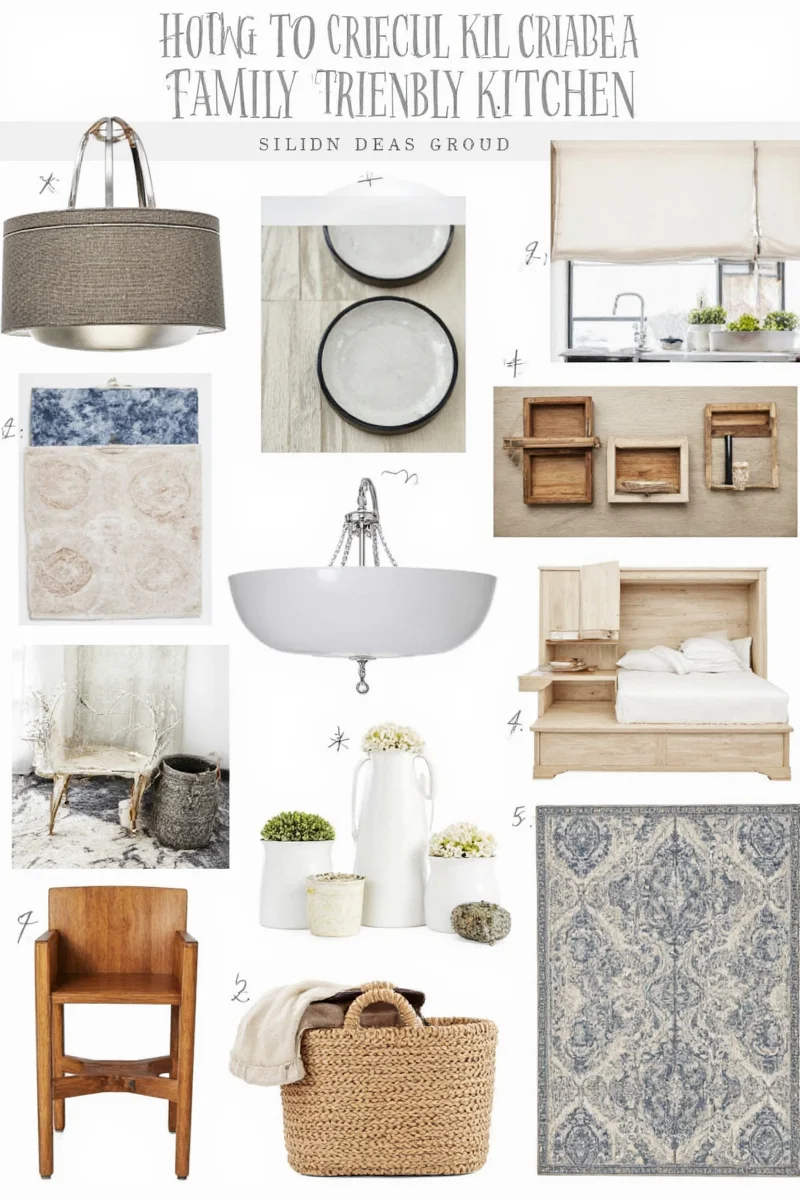
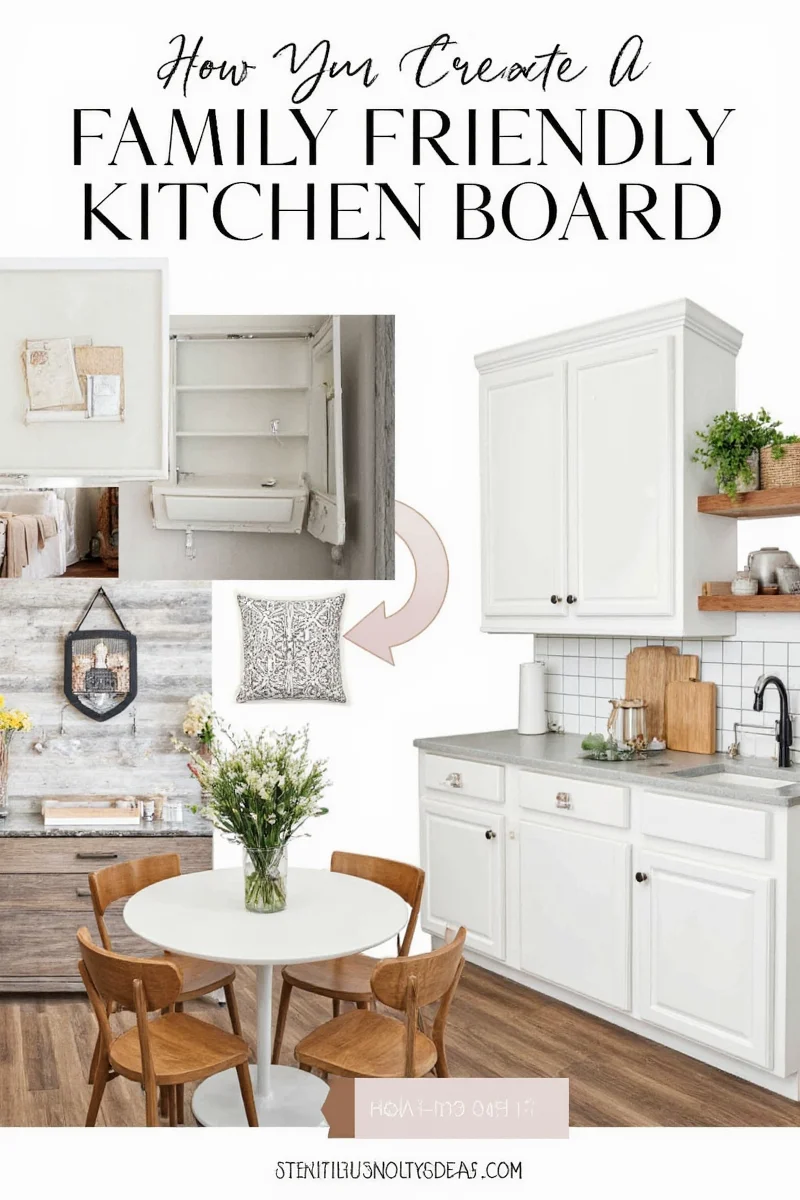
Final Thoughts
Creating a family-friendly kitchen isn’t just about picking pretty colors—it’s about designing a space that grows with your family, adapts to daily messes, and still feels like a place you want to hang out in.
Your mood board is the first step in turning that dream into reality. Whether you go high-tech or old-school, remember: a well-thought-out mood board isn’t just eye candy. It’s a roadmap to a happier, healthier, and more harmonious home environment.
So grab those samples, snap those screenshots, and start pinning! Your dream kitchen—and your very grateful future self—are worth every colorful pin and carefully chosen fabric swatch.
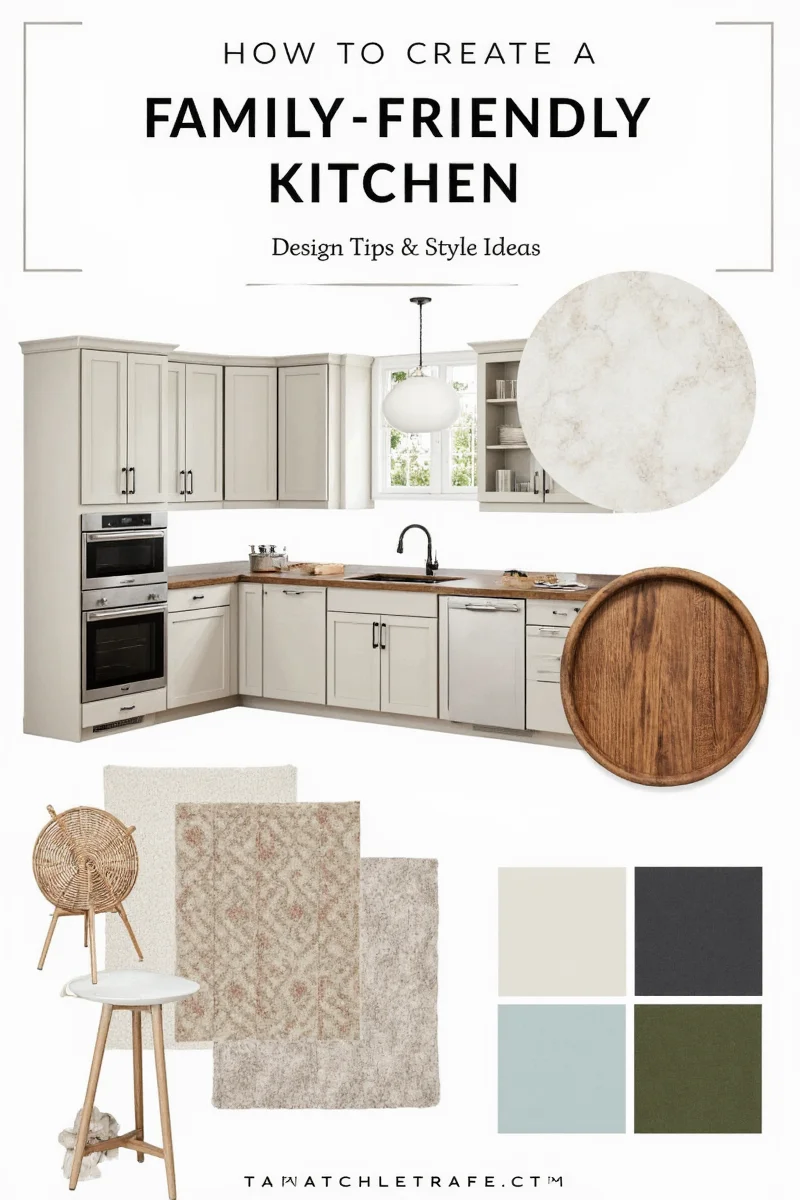

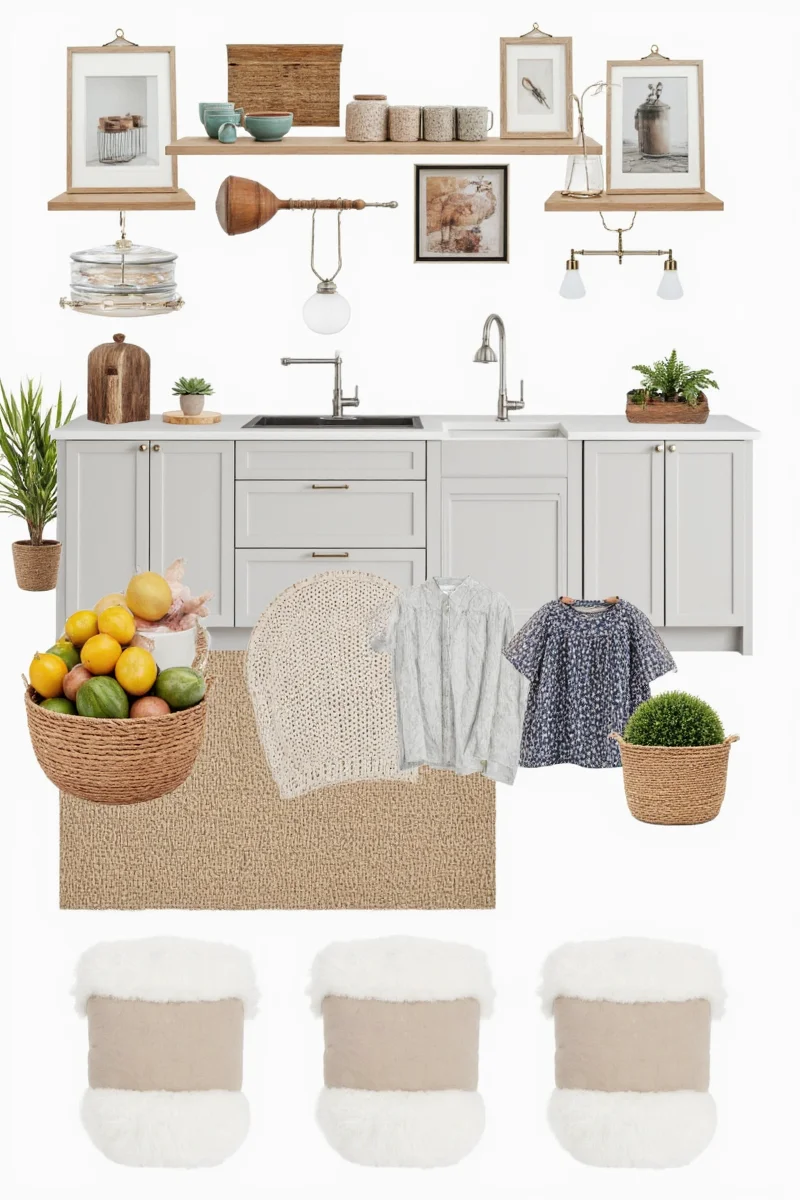









 浙公网安备
33010002000092号
浙公网安备
33010002000092号 浙B2-20120091-4
浙B2-20120091-4